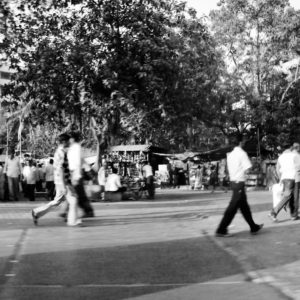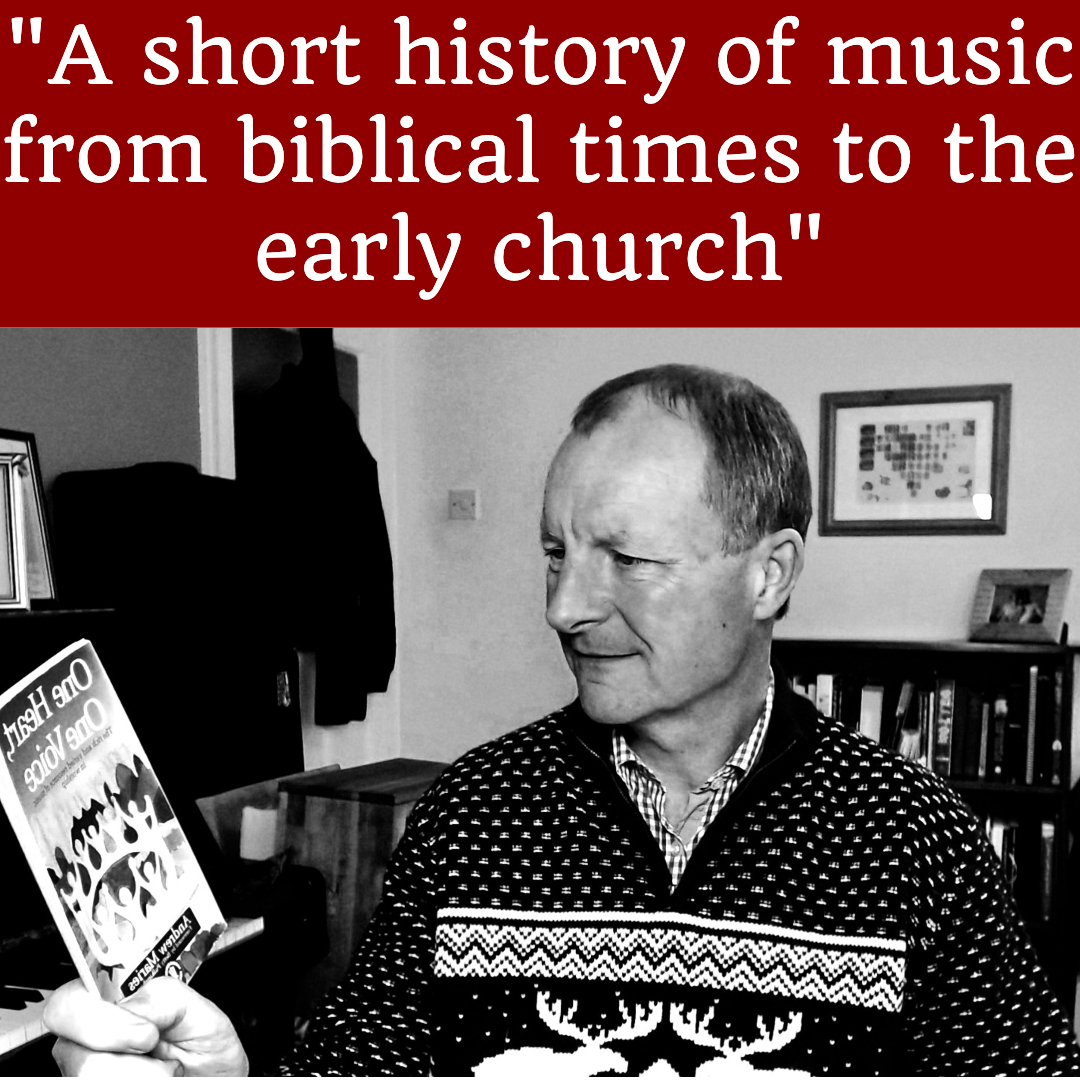 Have you ever cancelled an event due to lack of interest? Or attended one where the host clearly expected far more people to attend than actually turned up. Feels discouraging and deflating. How does our feast host respond to the social snubs of his peers?
Have you ever cancelled an event due to lack of interest? Or attended one where the host clearly expected far more people to attend than actually turned up. Feels discouraging and deflating. How does our feast host respond to the social snubs of his peers?
“The servant came back and reported this to his master. Then the owner of the house became angry….” (Luke 14:21a NIV11)
Try to imagine being the man preparing the great feast. How might he be feeling as the excuses roll in? Why might he be angry? Well, for one thing, the excuses are all pretty lame. The field would still be there the next day, as would the oxen, and the third excuse is still a choice. It’s not the wedding day, after all. The host has been lied to (they said they would come and did not) and insulted (see yesterday’s post).
How does our host respond? Even though justifiably angry, he responds with grace. He goes on to invite people who did not expect to be invited, and those who the previously-invited thought should not be invited.
- The Poor. “…and ordered his servant, ‘Go out quickly into the streets and alleys of the town and bring in the poor, the crippled, the blind and the lame.’” (Luke 14:21b NIV11) Here, “crippled” includes the loss of use of any limb, not just walking. What are they like? These guests may be messy and smelly and will need assistance to attend. “The poor are not invited to banquets, the maimed do not get married, the blind do not go out to examine fields, and the lame do not test oxen.” (Bailey, “Peasant Eyes”, p100), and see Luke 14.13. They represent the outcasts of Israel. Probably those who the pious Jews would consider ‘sinners’ amongst their number and unworthy of being God’s people. The guests who snubbed the host are anticipating (hoping) for an empty banquet and humiliation for the host. Their first objective is thwarted, but they probably think the second has been achieved – “they will taunt the host as one who is unable to put together a banquet without ‘bringing in this riffraff’.” see Luke 15.2. To whom might we be naturally prejudiced? The poor; politicians; refugees; the rich; adicts; the police; bankers; refugees?
- The Distant. ““ ‘Sir,’ the servant said, ‘what you ordered has been done, but there is still room.’ “Then the master told his servant, ‘Go out to the roads and country lanes and compel them to come in, so that my house will be full.” (Luke 14:22–23 NIV11) This is a lot of work for the servant – one man going all around the country lanes. These lanes were where derelict people lived, finding what shelter they could. We see here the master’s commitment to filling his house. “compel” does not imply force (what can one servant do?), but, “The slave was not to take ‘no’ for an answer; the house must be filled. There is little doubt that we should see a reference to the mission of the church.” Morris, Leon. Luke: An Introduction and Commentary. TNTC. Why “compel”? Because the answer to such an invitation in that culture would be “no” as a matter of courtesy – it is an acknowledgment that I am of socially inferior rank and cannot come. I do not deserve it. Thus the servant must insist, and grace is illustrated. Grace is unbelievable! How is it that the host cares for me? I cannot invite him back. This makes no sense. Grace is so unbelievable that some special pleading is necessary for people to be convinced to come and that the invitation is genuine. Insistent hospitality! Are we as welcoming towards people different from us as is the master in the parable?
The command is not recorded as being carried out in the parable, indicating perhaps that this was the future mission to the Gentiles to be launched after Jesus’ death and resurrection. We are the servants and are sent out so that people may come and enjoy the feast prepared by Jesus. If we come to the feast (accepting the invitation to the kingdom) we are going to be among the outcasts. Are we comfortable with that? Perhaps some do not come in because they do not want to associate with people they consider unworthy. But in having that attitude they demonstrate that they are ‘unworthy’. Luke 13.30 coming to pass.
One option was to cancel the banquet, but this man decides to invite some people not usually invited to such occasions. What do you think his motivation was? Is there something for us to understand here about the heart of God? What might that be? Are we ready to help people come into the kingdom?
We’ll discuss this in the sermon tomorrow. Come along if you can: 10.30AM, Laurance Haines School, Vicarage Road, Watford.
God bless,
Malcolm



